For the first time in nearly half a year, consumer prices in China have risen again, helping the economy escape deflation.
On March 9, China's National Bureau of Statistics released data showing that the country's consumer price index (CPI) increased by 0.7% in February. This is the first time in nearly half a year that China's CPI has increased.
Previously, the country recorded 4 consecutive months of deflation. In January 2024, China's CPI also decreased by 0.8% - the strongest in 15 years.
Deflation is defined as a sustained and large-scale fall in the prices of goods and services over a period of time. This is not a positive thing for the economy. Because when consumers and businesses delay spending in anticipation of further price falls, economic activity is stifled.
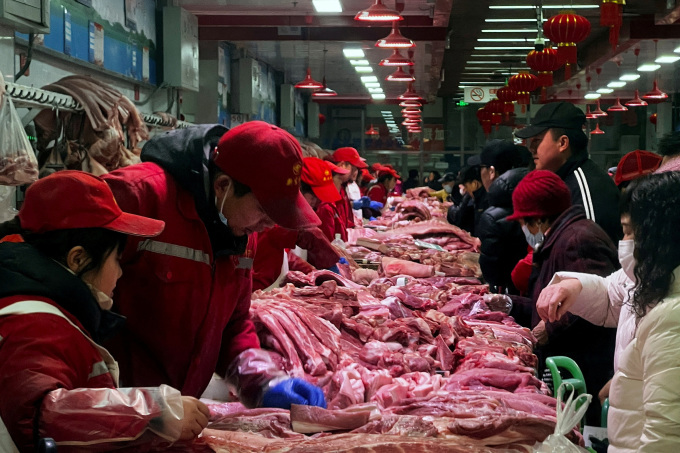
Pork at a wholesale market in Beijing (China). Photo: Reuters
China's CPI rose 1% in February from a month earlier, beating economists' forecasts in a Reuters poll.
The latest figures have eased some of the pressure on the world’s second-largest economy, which has been hit by weak domestic demand, a property crisis and high local government debt. Last month, the People’s Bank of China (PBOC) cut its five-year benchmark lending rate for the first time since mid-2023 to support the economy.
However, the country's producer price index (PPI) in February still fell 2.7% compared to the same period last year, a sharper decline than Reuters forecast.
China’s producer price index (PPI) has fallen for 16 consecutive months, eroding factory profit margins. Industrial output and employment in China are therefore under threat. China’s Ministry of Commerce figures for 2022 show that about 180 million people are employed in export-related jobs.
China has been struggling with slowing growth for the past year, with officials pledging more stimulus after measures introduced in June 2023 had little effect. This year, China is targeting growth of around 5%, the same as last year.
Still, China has so far directed its financial resources toward manufacturing rather than consumption, which analysts say is exacerbating overcapacity and deflation fears, even in booming industries like electric vehicles.
Ha Thu (according to Reuters, CNN)
Source link




![[Photo] Vietnamese shipbuilding with the aspiration to reach out to the ocean](https://vphoto.vietnam.vn/thumb/1200x675/vietnam/resource/IMAGE/2025/5/20/24ecf0ba837b4c2a8b73853b45e40aa7)


![[Photo] Award ceremony for works on studying and following President Ho Chi Minh](https://vphoto.vietnam.vn/thumb/1200x675/vietnam/resource/IMAGE/2025/5/20/a08ce9374fa544c292cca22d4424e6c0)




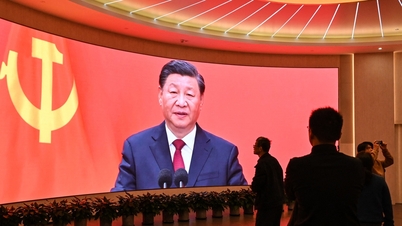


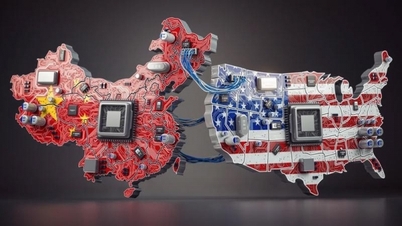
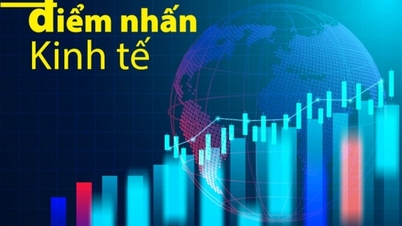





























































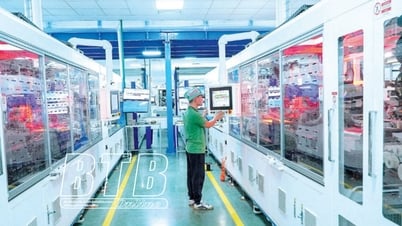



















![[VIDEO] - Enhancing the value of Quang Nam OCOP products through trade connections](https://vphoto.vietnam.vn/thumb/402x226/vietnam/resource/IMAGE/2025/5/17/5be5b5fff1f14914986fad159097a677)
Comment (0)